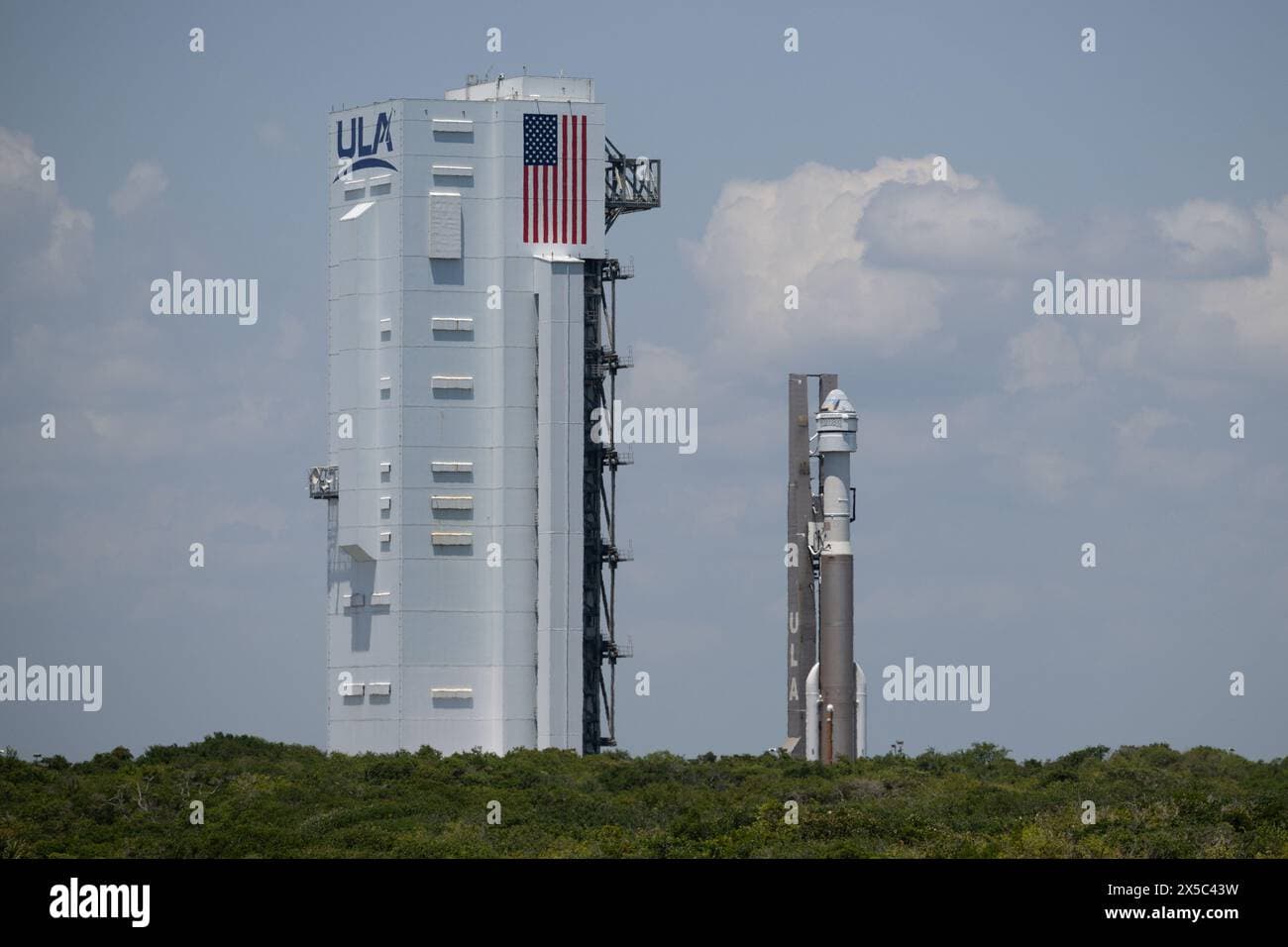Waymo Wins Highway Access, Musk Offers Quiet Praise
Google's autonomous driving unit Waymo has secured new highway access, prompting a brief acknowledgement from Elon Musk and renewed attention on the race to deploy safe driverless technology. The exchange highlights competing approaches to autonomy and underscores the broader stakes for safety regulation, consumer trust, and the future of transportation.
Listen to Article
Click play to generate audio

Google chief scientist Jeff Dean posted on X about Waymo's newly granted highway access, a step that Business Insider noted today as a milestone for the self driving unit. Elon Musk, the high profile founder of Tesla and a frequent commentator on autonomous driving, replied simply, "Congrats." The terse response captured widespread interest because it signals a rare moment of recognition between two of the most prominent forces in the field.
Highway operation represents a distinct technical and regulatory threshold for autonomous vehicles. Compared with low speed urban driving, sustained highway driving demands robust long range perception, reliable lane keeping at higher speeds, safe merging and lane changes, and the ability to respond to rapid chain reactions caused by unexpected events. Achieving permission to operate on highways typically follows rigorous testing, validation and interactions with state regulators or private roadway operators, and often requires detailed demonstration of safety metrics and fault handling.
Waymo, the Alphabet owned company that evolved from Google's long running self driving program, has long emphasized a methodical approach centered on sensor redundancy, high fidelity mapping, and extensive simulation. Those elements matter because the so called long tail of rare events can produce the most dangerous failures. For companies and regulators alike, proving that a system can handle unusual and high consequence situations is essential before granting broader operational authority.
The public exchange between Dean and Musk crystallizes two competing narratives in autonomous driving. One emphasizes conservative, incremental validation and deployment focused on safety before scale. The other, associated with proponents of rapid consumer rollout, stresses iterative improvement through real world miles and software updates. Both approaches have driven innovation, but they also raise different sets of regulatory and ethical questions about how much risk is tolerable in pursuit of technological progress.
For drivers and cities the immediate implications are practical. More autonomous highway operation could reduce human error related crashes on limited access roads, ease congestion through optimized traffic flow, and lower barriers to mobility for people who cannot drive. At the same time widespread deployment raises concerns about data privacy, liability after a crash, and the economic effects on professional drivers and related industries.
Regulators face the task of translating technical claims into enforceable standards while preserving room for innovation. That requires transparent reporting of safety performance, independent testing, and clear rules about who bears responsibility when automated systems fail. Public trust will hinge on whether companies demonstrate that autonomy measurably improves safety and behaves predictably in novel conditions.
Waymo's new access and the brief acknowledgement from Musk are both emblematic of an industry moving from demonstration to practical operation. How companies, regulators and communities manage that transition will determine whether the promise of safer, more accessible transportation is realized without sacrificing accountability and public confidence. Business Insider reported the original details of the exchange.


